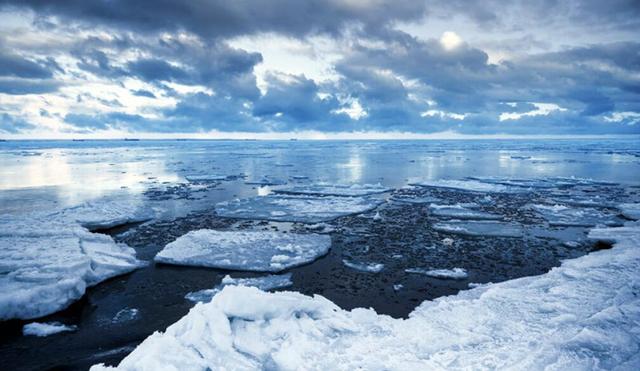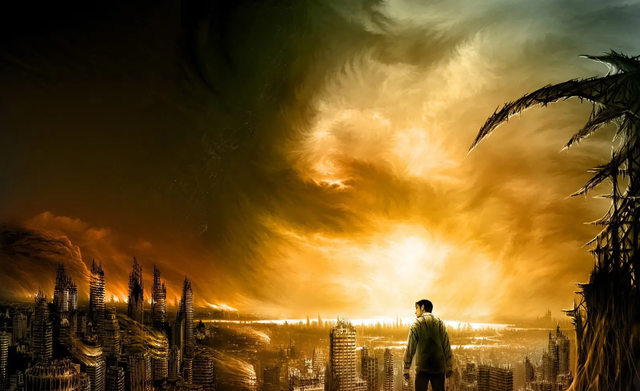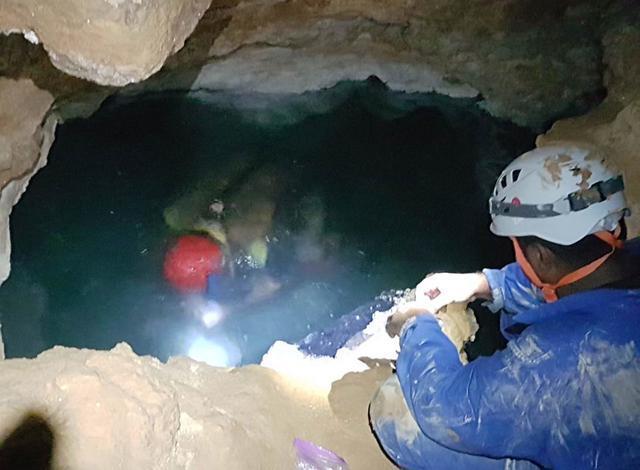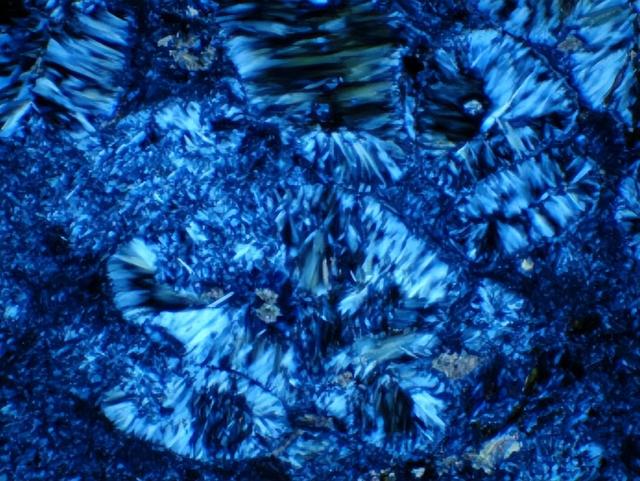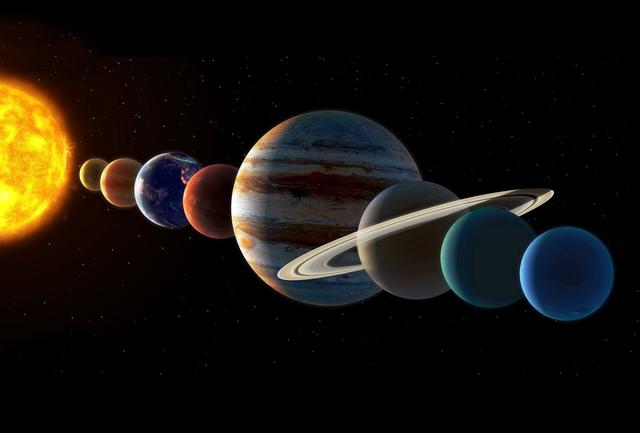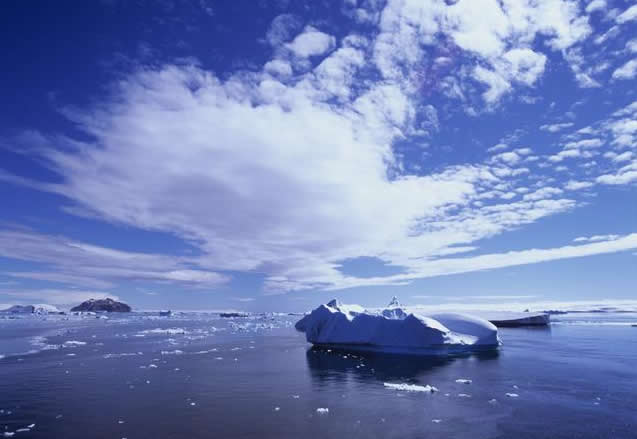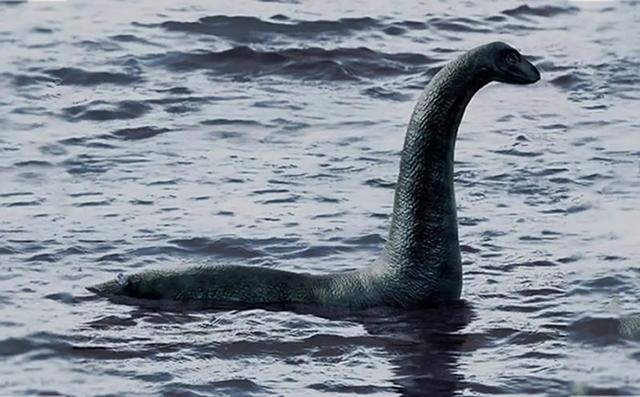The earth's climate patterns have changed dramatically over its multi-billion year history, and while past studies have shown that past shifts in the earth's climate patterns were usually driven by external factors such as super-volcanic eruptions, small body impacts, solar activity or changes in the earth's orbit, the current scenario shows that the earth's climate patterns are entering a new phase driven by rapid human activity that has never happened before. Such a scenario has never happened on earth in the past.
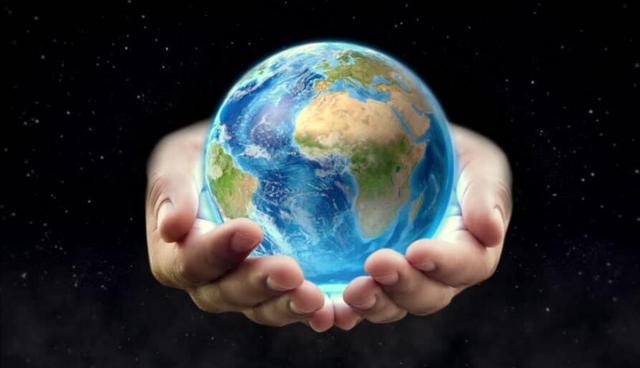
In other words, what the earth's climate will look like in the future depends to a large extent on human activity in the future, and because of this, the scientific community has been working on the impact of human activity on the earth's climate.
Recently, a team of researchers from the department of physics and astronomy at the university of porto published a paper showing that if the impact of human activities on the earth's climate is not effectively controlled, then the planet could enter an unpredictable "Chaotic state" In the future.
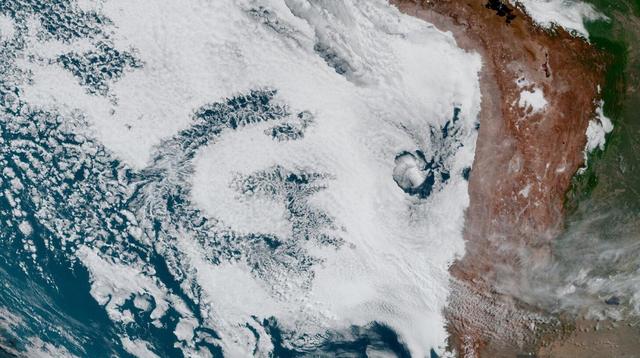
According to the team's astrophysicist, orff bertolami, the study uses a mathematical method called 'logistic mapping' to simulate the future climate of the earth, which is well suited to describe a system in which certain variables grow and reach certain limits.
As we know, the greatest impact of human activity on the earth's climate is the release of greenhouse gases (mainly carbon dioxide), which, because nature cannot effectively remove them, accumulate in the earth's atmosphere and cause additional greenhouse effects, leading to a continuous increase in the earth's average temperature.
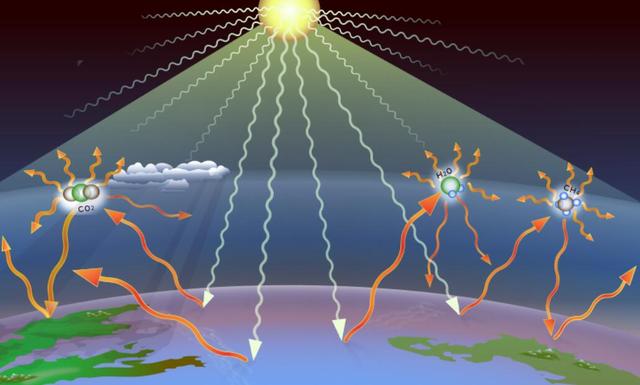
(short-wave radiation from the sun raises the temperature of the earth's surface, after which the heat from the earth's surface is 'reflected' back into space by long-wave radiation, during which the greenhouse gases in the earth's atmosphere absorb some of the long-wave radiation, thus increasing the temperature of the earth's surface and atmosphere, which is known as the greenhouse effect)
So in this study, 'greenhouse gas emissions' have become a major variable in astrophysicists' predictions of the earth's future climate, and the results suggest that if humans can take effective measures to control greenhouse gas emissions in the future, the best-case scenario is that in the next few decades, the amount of greenhouse gases released will reach a limit, after which it will not continue to increase.
In this case, the earth's average temperature would stabilise at a higher level, and although this would still have adverse effects on humans, such as more melting glaciers leading to rising sea levels, or more extreme weather, the earth's climate would at least be stable in general, and specifically, there would still be regular and repeatable climate patterns on the planet.
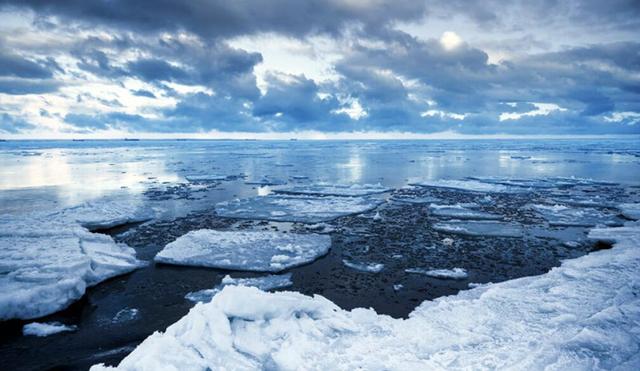
So what is the worst case scenario? The researchers predict that if the release of greenhouse gases is not effectively controlled, the average temperature of the planet will continue to rise in the future and the planet will gradually become chaotic, with the earth's climate system entering a state of unpredictable "Chaos" When it exceeds a critical threshold. When a critical threshold is exceeded, the earth's climate system will enter a state of unpredictable "Chaos".
In this state, the earth's climate will become unpredictable, and there may be years when the earth's climate is 'calm', and years when extreme heat, extreme cold, extreme drought, extreme precipitation and other severe weather events will occur so frequently on the earth that even if we knew exactly what the earth's system was doing, we would not be able to predict it. System's current conditions, it is impossible to predict what kind of climate the earth will experience in the future.
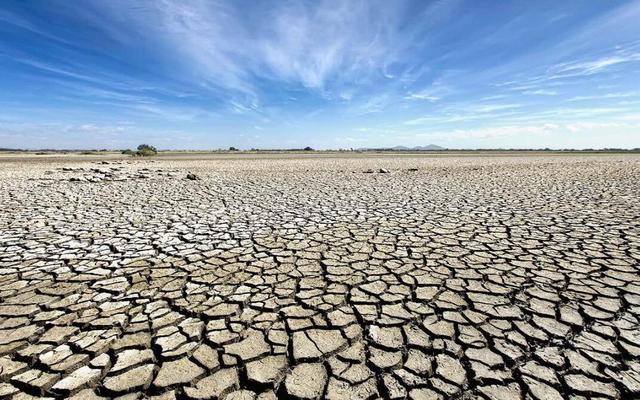
In short, the earth's climate patterns will then become chaotic and humans will lose the ability to control and drive the earth's climate to remain stable and conducive to the habitability of humans and the earth's biosphere as a whole.
Of course, it is unlikely that the earth will always be in this state, and after a long period of time, the earth's climate should shift to another stable pattern, but the history of the earth shows that every dramatic change in the earth's climate has led to the withdrawal of many organisms from the earth's stage, so if this were to happen, then humanity would undoubtedly face a very serious test.
What is clear is that there is no "Bad case" Between the "Best case" And "Worst case" Scenarios, because if the "Best case" Scenario is not met, then there is no "Bad case". "The average temperature of the planet will keep rising and the planet will gradually become chaotic until it enters a state of "Chaos", with the difference being only between "Fast the difference is only a matter of "Fast" And "Slow".
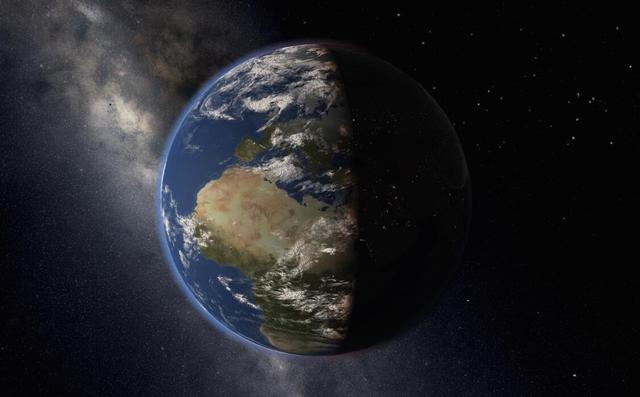
So, will the earth enter a 'chaotic state' in the future? The answer to this question from the team's astrophysicist, orff bertolami, is that although the current situation is not promising, it is not too late for humans to take effective measures.

